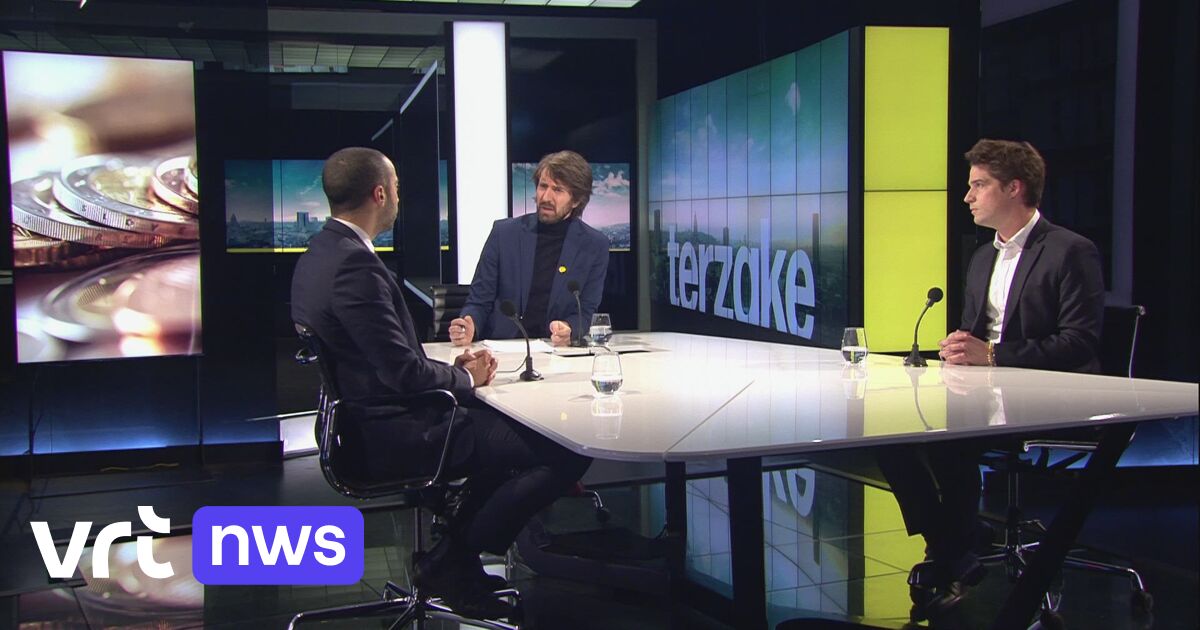Many pubs and breweries across the UK will be forced to close their doors for good if they no longer get government subsidies to pay their electricity bills, members of that industry warned this Monday. The closure will be massive if the aid to pay for energy does not continue beyond 31 March 2023according to a study by the consulting firm frontier economy Brewed for the British Breweries and Pubs Association (BBPA).
Covid, Brexit and war in Ukraine
Electricity bills that return to their normal rate after government aid ends in March are expected to put pubs and breweries at risk. an average loss of 20%.he lifted the report showing energy costs are currently the biggest threat to its viability and would be even more deadly when the relief plan ends in April.
This scenario added to cost inflation in other parts of their food and beverage businesses, which, if wages are added, contributes to zero profit margins. “Recent economic shocks from covid, Brexit and the war in Ukraine have put sustained pressure on businesses,” the study said. Tim Blackassociate director of the retail and consumer team at Frontier Economics.
“The pub and brewery sector faces a mix of rising costs (mainly energy, but also raw materials and wages) and decline in demandas consumers cut spending in the face of severe cost-of-living pressures,” Black explained.
“A stark and very dark picture”
Gemma Gardnerwhich runs The York Hotel, a pub with rooms in the English town of Morecambe, said its energy bills are not only exorbitant, but its supplier has also added unexpected extra charges outside the standard rates.
“We have tried to switch suppliers but have been rejected and the only reason we can continue is because our bar company is helping us. We are struggling with our bills but also with our customers so we are under pressure from both sides. We’ve even started offering free food to encourage customers to come in and buy drinks,” Gardner said.
for his part Emma McClarkinCEO of BBPA, said a long-term guarantee that energy costs and contracts will be fair and reasonable come spring in Europe is badly needed. “They’re planning now for the next few months, but they need assurances that bills don’t skyrocket, completely wiping out profits.”McClarkin said.
“We urge the Government to seriously consider the impact skyrocketing energy costs will have not only on the businesses that have to pay for them, but also on the communities in which they are integrated and serve across the UK,” said the director. for whom the figures “paint a stark and very bleak picture of what will happen if our sector receives no further support after 1 April”.
British industrialists and stagflation
The gastronomic sector is not the only one affected by the crisis. The Confederation of British Industry (CBI) vindicated this Monday measures “to support growth and investment” looking to 2023. “The UK is experiencing stagflation with skyrocketing inflation, negative growth, falling productivity and business investment. Businesses see opportunities for potential growth, but a lack of reason to believe in the face of headwinds is forcing them to stop investing in 2023“, put on guard Tony DankerChief Executive Officer of CBI.
In a note, the representative of the body representing British industrialists believed that the government could change the situation, and its action or inaction in support of growth and investment will be decisive in knowing whether the recession is superficial or deep. “We will see a lost decade of growth if nothing is done. GDP is a simple multiplier of two factors: people and their productivity. But we don’t have the people we need or the productivity we need,” Danker warned, adding that there is no time to waste.
“The premier and the chancellor must use the levers of growth to ensure that this recession is as brief and superficial as possible, but also to address the persistent weakness in investment and productivity. We cannot afford to have another decade where both are locked,” Danker insisted. The CBI statement noted that “this includes addressing labor and skills shortages and unlocking business investment through capital allocations and regulatory changes , such as the removal of the de facto ban on onshore wind power.
High inflation is at the heart of increasingly weak economic activity and the consumer price index is expected to have peaked in October with an increase of 11.1%, the oldest in 40 years. In recent months, many sectors, especially workers in the railways, subways, post offices and nurses, have gone on strike demanding better wages.


